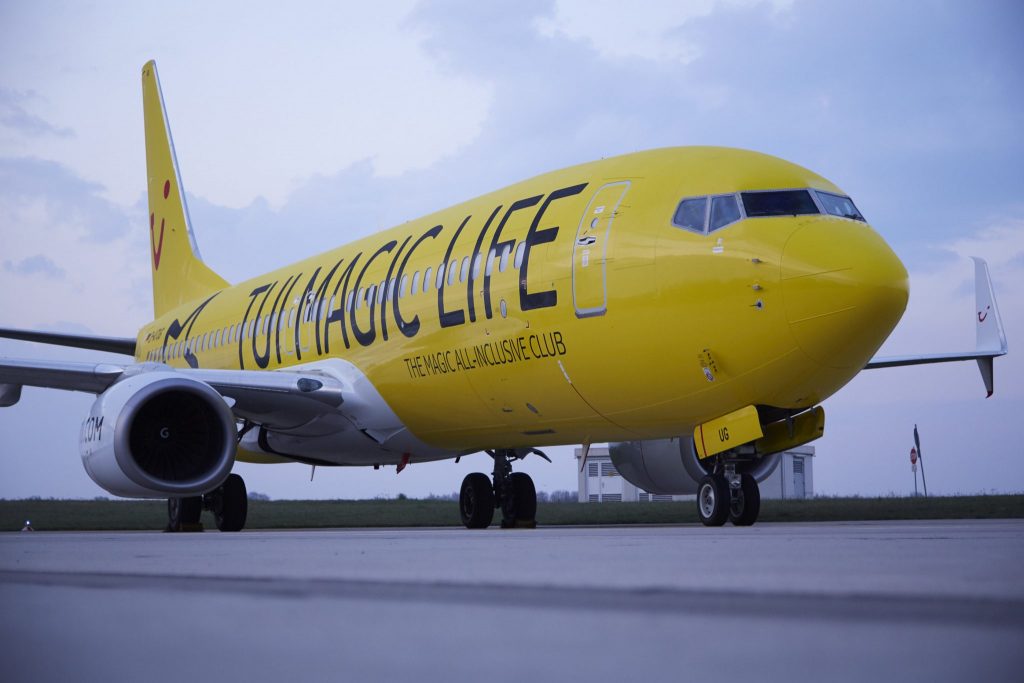TUI Group Turns Toward Online Bookings as It Revamps Its Business

Skift Take
European travel company TUI Group has spent the last few years moving away from its tour operator past and, looking at its latest set of financial results, it’s easy to see why.
The company flagged the problems in a profit warning last week, having previously appeared immune to the industrywide challenges faced by its smaller rival Thomas Cook.
Winter is traditionally a weaker period for European travel companies with most people not going on vacation until the summer, but even taking this into consideration, TUI’s quarterly performance was still bad.
The company on Tuesday blamed the knock-on impact of last summer's European heatwave to both winter and summer 2019 bookings, overcapacity in Spain, and the weakness in the pound.
"[T]he results do demonstrate continued strength in cruise and hotels and the vulnerability of tour operator profits to even small price fluctuations," said Bernstein analyst Richard Clarke.
TUI's seasonal loss increased 64 percent to $126.8 million (€111.9 million). Earnings in its tour operator division fell 27 percent to $201.9 million (€178.1 million.) And although the performance dipped in its cruise, hotels and activities unit, which is called Holiday Experiences, the company made a profit of $125.8 million (€111 million.)
“The consistent transformation of TUI launched in 2014 involving a realignment to focus on the group’s own Holiday Experiences... — the hotel companies, cruise lines, activities and services in the destinations — has proven to be the right approach. These businesses now account for nearly 70 per cent of the group’s result,” TUI said.
“The growth strategy for this segment remains intact. Traditional tour operators and airlines tend to be more vulnerable to external factors.”
TUI's Turnaround Plan
TUI outlined a couple of things that would help turn things around. It wants to cut distribution costs and concentrate more on online and direct bookings. You'd assume that this would come at the expense of third-party travel agents and physical stores, both of which are more expensive ways of selling TUI holidays.
There are also big plans for its tours and activities division, which it has spent the last year or so expanding. In a fragmented marketplace, TUI estimates a potential $170 billion (€150 billion) opportunity in the sector.
Revenue in this division increased 172 percent to $256.4 million (€226.3 million,) although it did notch a small loss of $5.3 million (€4.7 million.)
Consolidation In the cards?
With airlines and tour operators struggling, TUI expects 2019 to be a year of consolidation. Last week another European leisure-focused airline, Germania, collapsed.
“We have specific actions, which we took and are taking in order to be able to protect our market share and at the same time our cost position. And we believe that today's environment will trigger a market consolidation. And with our strategic and financial profile, we are in a position to be a beneficiary of that development,” CEO Fritz Joussen said on an earnings call with analysts.
TUI doesn't sound like it will be actively looking to buy companies (except maybe in the tours and activities space) and will try and take advantage of other exciting markets.
Joussen ruled out any kind of deal with Thomas Cook or its German airline Condor.
"[W]e're absolutely not active today in that respect," he said.
Thomas Cook has said it is running a strategic review of its airline.




